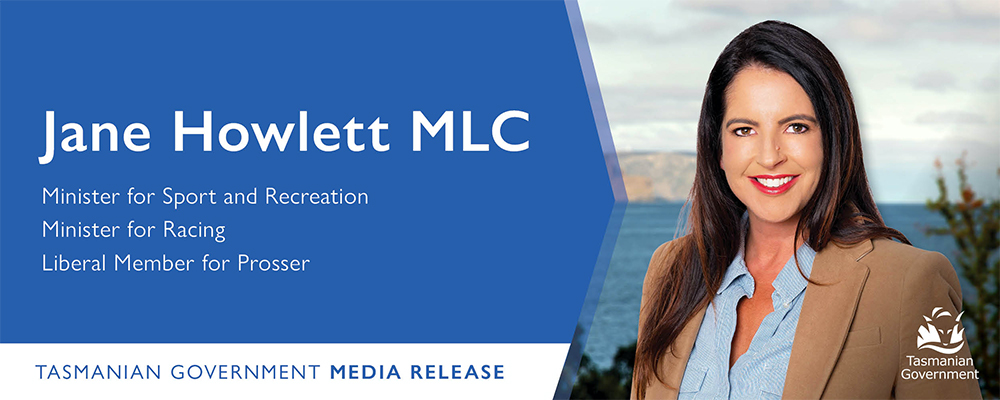Jane Howlett, Minister for Racing
October 2020
The Tasmanian Government acknowledges that it has been a challenging year for the state’s racing industry and this is reflected in the Tasracing Annual Report 2019/2020, tabled in the Legislative Council today.
While the shutdown of racing from the 2nd of April to the 14th of June, due to COVID-19, had a telling impact on the industry, a number of major milestones achieved throughout the year were also outlined in the annual report.
More than $4 million in support was provided to participants across all three racing codes during the racing shutdown to help them care for their horses and greyhounds.
While this important support package had an impact on Tasracing’s accounts, it is was critical to support industry participants during these very challenging times. Tasracing is also confident it has a strong balance sheet that will enable it to continue to invest in the industry over coming years.
During the financial year, Tasracing with assistance from the Government also completed the $12.5 million Elwick Thoroughbred Track redevelopment. This major project was undertaken on time and on budget.
In addition, Tasmania’s first-ever dedicated Greyhound Adoption Program facility, based at Mangalore, was acquired and I was very proud to officially open this great new property in May 2020. With the extra capacity of this facility together with the introduction of new greyhound retirement rules in early 2020, I expect the number of dogs to be adopted to continue to grow as it did last financial year.
Importantly, for the Tasmanian racing industry, we have recently announced a six per cent increase in stakes money this financial year which means stakes have now increase by more than 12 per cent over the past three years. That represents more than $2.53 million extra a year in stakes money.
We understand the importance of the state’s racing industry, which injects around $103 million a year into the Tasmanian economy and involves more than 5,500 Tasmanians as either employees or direct participants.
We will continue to work with the racing industry to create an environment that promotes growth and sustainability for the future.


